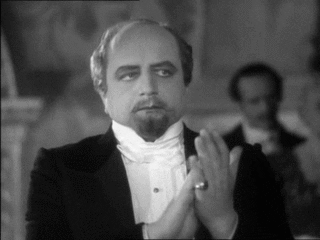Jarhyn
Wizard
- Joined
- Mar 29, 2010
- Messages
- 17,668
- Gender
- Androgyne; they/them
- Basic Beliefs
- Natural Philosophy, Game Theoretic Ethicist
That was so many words wasted to repeat the PRATT "the big bang is god".
The preconditions being fixed creates the illusion that choice does not happen. But the non-contingence is an illusory, because it is clearly the case that not if but WHEN that state structure appears in a different place where the preconditions are different, different things happen.
The lack of freedom seen by hard determinists is an illusion created by their inability to truly understand relativity and that their reference frame is not the only valid one.
The issue is that the big bang has and has never had any directed agency. It didn't intend, it didn't design, and it didn't create any future state.
All of those things are only ever done after, as a function of what things are amid the rules that comprise how things change.
When something is acted upon and as a function of its states redirects that force, we say it is "responsible" for the "decision" on the state. Were other things responsible for directing that force towards the thing? Yes! But that does not change the fact that IT was responsible in ITS time for directing the force once it made its way to that part, and thus that part is responsible for the decision on the force in the moment.
As others have said this is getting boring and monotonous.
The preconditions being fixed creates the illusion that choice does not happen. But the non-contingence is an illusory, because it is clearly the case that not if but WHEN that state structure appears in a different place where the preconditions are different, different things happen.
The lack of freedom seen by hard determinists is an illusion created by their inability to truly understand relativity and that their reference frame is not the only valid one.
The issue is that the big bang has and has never had any directed agency. It didn't intend, it didn't design, and it didn't create any future state.
All of those things are only ever done after, as a function of what things are amid the rules that comprise how things change.
When something is acted upon and as a function of its states redirects that force, we say it is "responsible" for the "decision" on the state. Were other things responsible for directing that force towards the thing? Yes! But that does not change the fact that IT was responsible in ITS time for directing the force once it made its way to that part, and thus that part is responsible for the decision on the force in the moment.
As others have said this is getting boring and monotonous.

